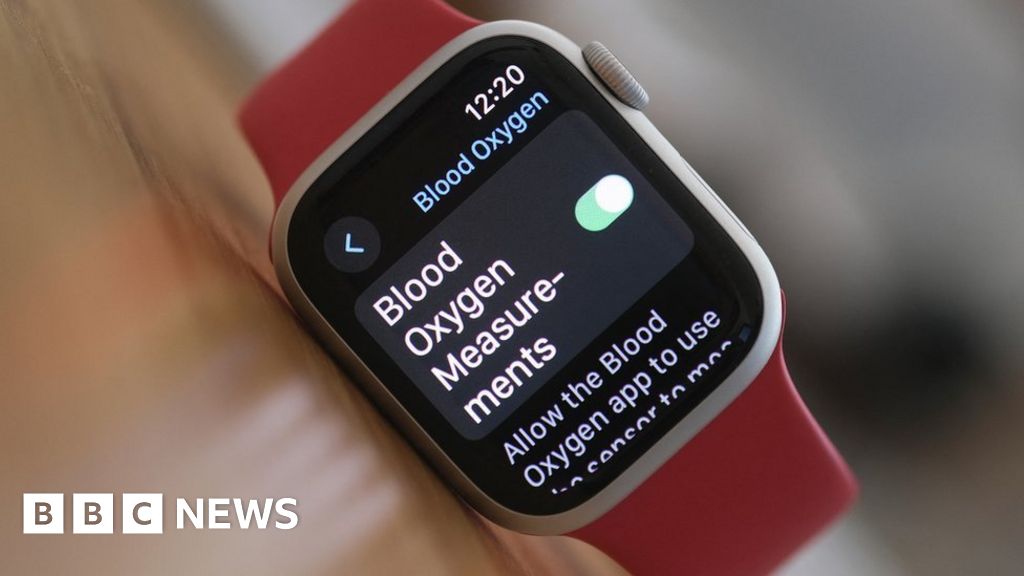The Role of AI in Cybersecurity: Enhancing Protection in the Digital Age
AI significantly enhances cybersecurity by detecting threats faster and automating responses. It improves accuracy in identifying vulnerabilities.
In the digital age, cyber threats are evolving rapidly. Traditional security measures often fall short in detecting sophisticated attacks. AI plays a crucial role in addressing these challenges. It analyzes vast amounts of data in real-time, identifying patterns and anomalies that indicate potential threats.
Machine learning algorithms continuously improve their detection capabilities, staying ahead of emerging cyber threats. AI-driven automation also speeds up response times, reducing the impact of breaches. By leveraging AI, organizations can enhance their cybersecurity posture, protecting sensitive information and maintaining trust. Embracing AI in cybersecurity is essential for safeguarding digital assets and ensuring resilience against cyber attacks.
Introduction To Ai In Cybersecurity
AI has changed the world of cybersecurity. It helps in finding and stopping threats quickly. Machines can now learn from data. This makes them very smart. AI tools can find patterns that humans might miss. This keeps us safer.
AI is very important for modern security. Cyber threats are always changing. AI helps stay ahead of hackers. It can look at huge amounts of data fast. This means it can find problems early. AI also helps in fixing issues quickly.
Ai-powered Threat Detection
AI helps in real-time monitoring of networks. It can spot threats fast. Data from various sources is analyzed quickly. This reduces the response time. By acting fast, damage can be minimized. AI tools can work 24/7 without breaks. This ensures constant protection.
Behavioral analysis with AI can detect unusual activities. Normal behavior patterns are learned over time. When something odd happens, AI can alert the team. This helps in stopping threats early. Even new types of threats can be identified. User and entity behavior are monitored closely.
Automating Security Responses
AI revolutionizes cybersecurity by automating security responses, swiftly identifying and neutralizing threats. This technology enhances digital protection, ensuring robust defenses against cyberattacks.
Incident Response
AI quickly detects threats and responds to them. This speed helps stop attacks before they cause harm. AI systems can monitor networks 24/7 without getting tired. They can handle many alerts at once, which is hard for humans. AI can also learn from past incidents to improve its responses.
Mitigation Strategies
AI helps create strong defense plans. It can identify weak spots in security systems. AI can suggest the best ways to fix these weaknesses. This helps keep systems safe from attacks. AI tools can also predict future threats. This allows for better preparation and protection.
Machine Learning In Cyber Defense
Machine learning helps find patterns in data. These patterns can show unusual activities. Unusual activities might mean a cyber attack. AI can learn from these patterns. It can then spot attacks before they happen.
Predictive analytics uses data to guess future events. AI looks at old attacks. It finds similarities and differences. This helps it predict new threats. Predictive analytics can save time and resources. Security teams can focus on the most important threats.
Ai In Identity And Access Management
AI helps in making authentication processes smarter. It can analyze patterns and behaviors to detect unusual activities. AI can also adapt to new threats quickly. This makes systems more secure.
AI tracks user behavior to find anomalies. It looks for suspicious actions that do not match the normal behavior. AI can alert security teams in real-time. This helps to stop attacks before they cause harm.
Challenges In Ai-based Security
AI systems sometimes flag safe actions as threats. This leads to many false positives. It can make people ignore real warnings. Fixing false positives takes time and effort. It also needs resources. Ensuring AI accuracy is very important.
Hackers can trick AI systems. They use adversarial attacks to confuse the AI. Small changes in data can mislead the AI. This makes it hard to trust the system. Strong defenses are needed to stop these attacks. Regular updates help in improving security.
Future Of Ai In Cybersecurity
AI uses machine learning to detect threats. It can find patterns that humans miss. Deep learning helps AI learn from data. This makes it smarter over time.
Blockchain technology adds another layer of security. It stores data in a way that is hard to hack. Quantum computing is also on the rise. It can solve complex problems faster.
AI will keep getting better at detecting cyber threats. It will help protect our data. AI can respond to attacks in real time. This means quicker recovery from breaches.
AI will also make security tools smarter. They will need less human help. This frees up experts for other tasks. The future looks bright with AI in cybersecurity.
Case Studies And Real-world Applications
AI in cybersecurity revolutionizes protection by identifying threats and predicting attacks. Real-world applications showcase AI’s role in safeguarding digital infrastructures. Case studies highlight AI-driven solutions in preventing data breaches and enhancing security measures.
Industry Examples
In the banking industry, AI helps detect fraud. Banks use AI to monitor transactions. AI can spot unusual activities fast. This prevents fraud before it happens.
Healthcare also benefits from AI. Hospitals use AI to protect patient data. AI systems can detect breaches quickly. This keeps sensitive information safe.
Success Stories
A retail company used AI to improve security. The system reduced cyber threats by 80%. They could focus more on customer service. This improved their business.
In the tech industry, a company used AI for network security. AI helped in identifying threats in real-time. This saved them from major cyber-attacks. Their clients felt more secure.
Ethical Considerations
AI can analyze large amounts of data quickly. This is helpful for finding threats. But it also raises privacy concerns. Personal data can be misused. It is important to protect user information. Companies must ensure data security. They should follow strict privacy policies.
AI algorithms can have biases. These biases can lead to unfair decisions. For example, some groups may be targeted unfairly. It is crucial to identify and correct biases. Regular checks can help ensure fairness. Algorithms should be transparent and accountable.
AI significantly boosts cybersecurity by detecting threats faster and more accurately. Its ability to learn and adapt makes it invaluable. Businesses should integrate AI to strengthen their digital defenses. As cyber threats evolve, AI will play a crucial role in safeguarding our data.
Embrace AI for a safer digital future.







